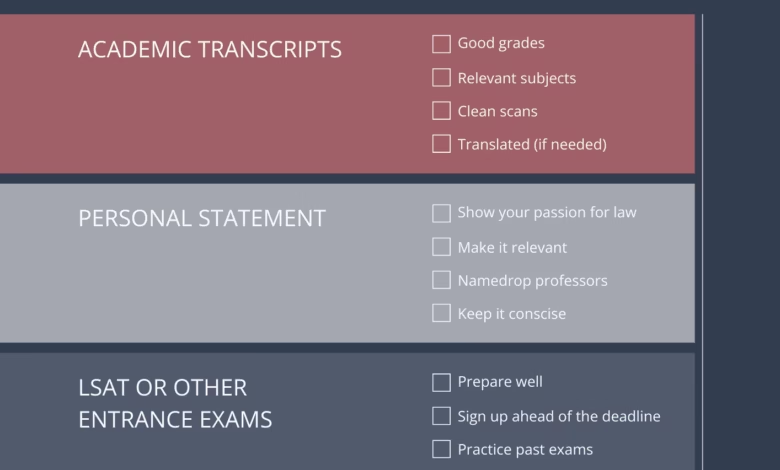AdmissionsHome
Requirements for Studying Law in Ireland (Admission Guide)
Requirements for Studying Law in Ireland (Admission Guide)

Ireland is becoming one of the top destinations for international students who want to pursue law. With universities like Trinity College Dublin (TCD), University College Dublin (UCD), and University College Cork (UCC), Ireland offers globally recognized law degrees and an excellent environment for learning. If you’re a Ghanaian, African, or other international student considering law studies in Ireland, here’s what you need to know.
1. Academic Requirements
Undergraduate Law (LLB or BCL):
•Completion of Senior High School with strong grades (WASSCE, A-Levels, IB, or equivalent).
•Some universities may require subjects like English and Government.
•Minimum entry points are set by the Central Applications Office (CAO), but international applicants are assessed individually.
Postgraduate Law (LLM, PhD, or Diplomas):
•A recognized undergraduate degree in law or a related field.
•For conversion courses, such as diplomas in legal studies, degrees from other disciplines may be accepted.
2. English Language Requirements
Since Ireland is an English-speaking country, proof of proficiency is required if English isn’t your first language:
•IELTS Academic: Usually 6.5 overall (with no band below 6.0).
•TOEFL iBT: Around 90–100.
•Some universities also accept Pearson Test of English (PTE) or Cambridge qualifications.
3. Application Process (Step-by-Step)
1.Research Universities – Identify law schools such as TCD, UCD, or UCC.
2.Apply Online –
•For undergraduate law: Apply through the CAO (Central Applications Office).
•For postgraduate law: Apply directly on the university’s website.
3.Prepare Required Documents –
•Academic transcripts.
•English proficiency results.
•Passport copy.
•Personal statement.
•Recommendation letters (for postgraduate applications).
4.Submit Application before the deadline (usually February–March for undergraduates, but postgraduate deadlines vary).
5.Receive Offer Letter – This can be conditional (pending results) or unconditional.
6.Apply for Irish Student Visa (Stamp 2) once admitted.
4. Tuition & Living Costs
•Tuition Fees: €9,000 – €20,000 per year for international students.
•Living Expenses: About €7,000 – €12,000 annually (depending on city and lifestyle).
•Dublin is generally more expensive than other Irish cities.
5. Scholarships for International Students
Some Irish universities offer scholarships to law students, such as:
•Government of Ireland International Education Scholarships.
•University-specific scholarships (e.g., UCD Global Scholarships, Trinity College Dublin merit awards).
6. Career Opportunities After Graduation
•Law graduates in Ireland can continue to train as solicitors or barristers.
•Ireland’s membership in the EU provides broader opportunities for international legal careers.
•Many graduates also work in business, diplomacy, NGOs, and international organizations.
Conclusion:
Studying law in Ireland offers students a chance to gain world-class legal training in an English-speaking, student-friendly environment. By meeting the academic and English requirements, submitting a strong application, and preparing financially, you can begin your journey toward becoming a lawyer in Ireland.







